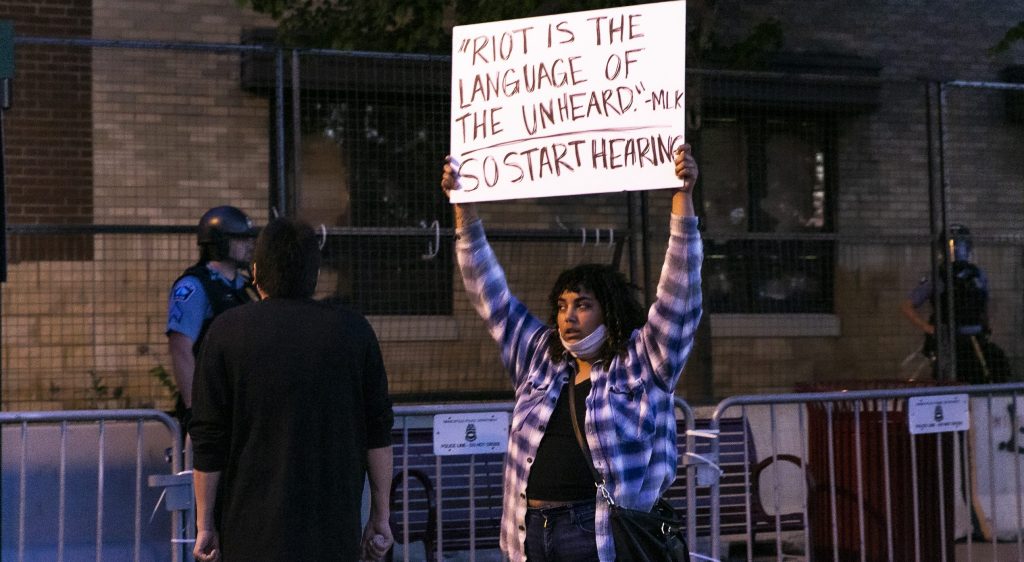[ad_1]
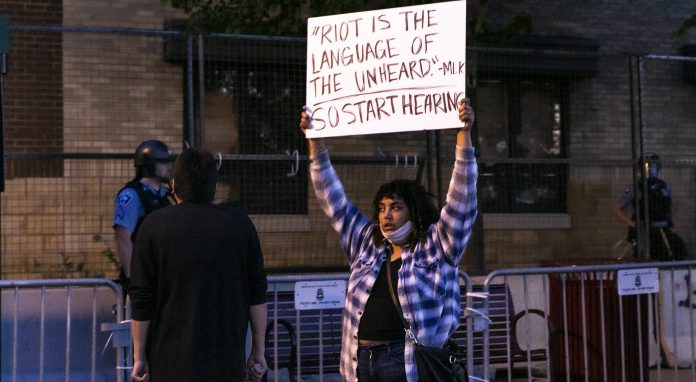
What’s the Difference between a Black man and a nigger?
Pregnant pause …
The nigger is the one who would even answer that question.
That’s from the opening scene of one of my favorite movies of all time, Deep Cover.
Laurence Fishburne plays a cop recruited to go undercover as a drug dealer in service to a police department and criminal justice system that really has no interest in uncovering the truth, let alone holding those who do our community wrong accountable.
I love the line because it’s so layered; it demonstrates the power of the rhetorical frames that White America always places Black people within. You are not given the option to tell the truth, any truth, let alone your truth. You’re bracketed between having to justify your humanity as a Black man, and debunking their image of you as the nigger.
READ MORE: George Floyd encourages youth to give gun violence in bittersweet video
Fishburne’s character, Russell Stevens, refuses to even play the game. He knows his truth, and he knows as a Black person that responding to the false narrative is to be a pawn in our rhetorical destruction. The question is a trap, set up by White supremacy, hidden in questions by co-workers, bad faith social media arguments and biased news coverage.
It’s long past the time we stop falling into that trap. With that in mind, I want to make sure that now, and in the coming days we know our language and how it should be used. There are no riots in Minneapolis in the aftermath of George Floyd’s murder by the police. Do not use the term — it is not simply a misstatement, it’s a lie. And it’s a lie we have to stop letting America tell on us.
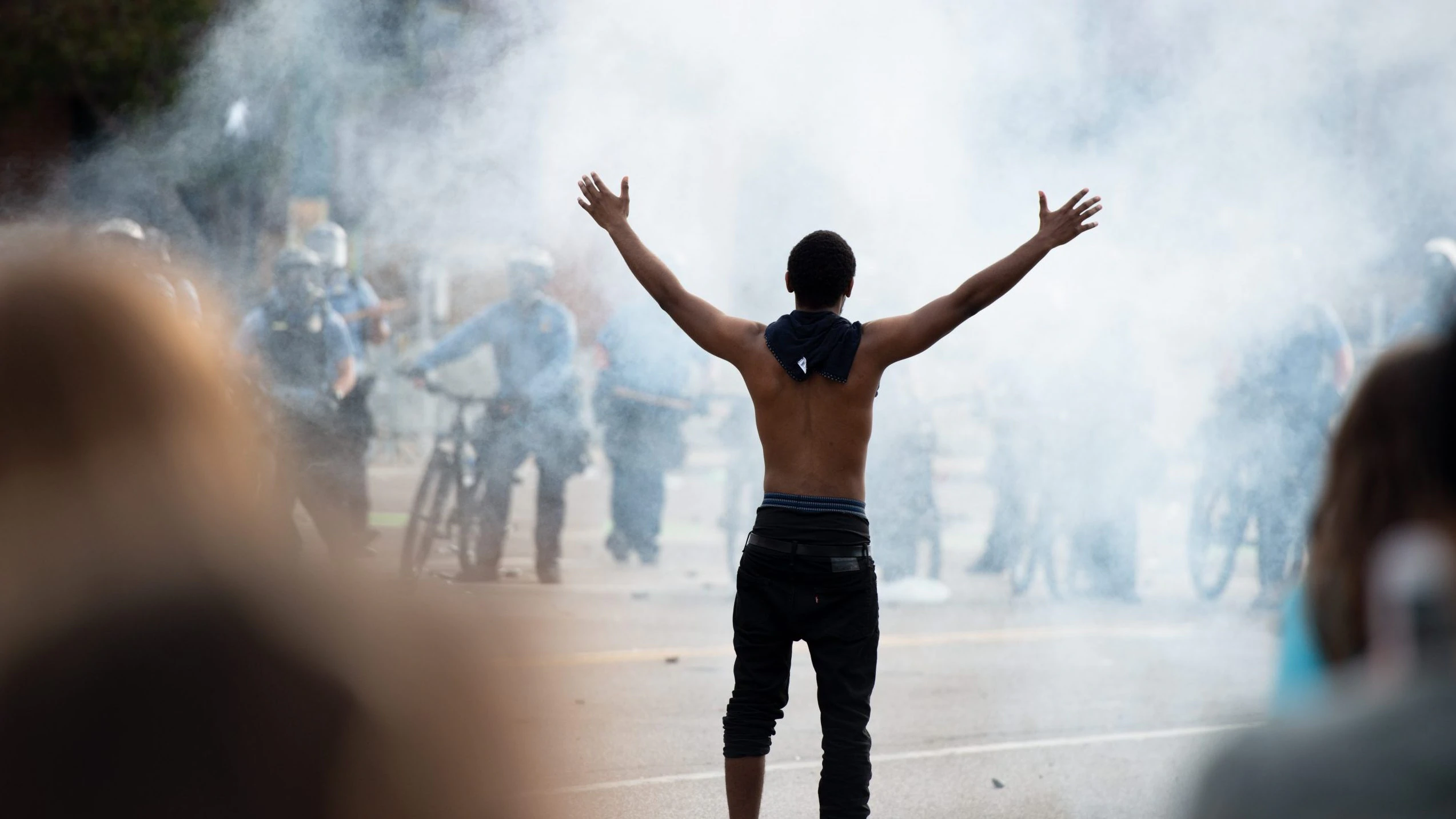
It’s been shown across social science spaces, media studies, barbershop talks, gifs and memes that Black protest is always framed by the racial bias of whoever is doing the reporting.
White men with guns threatening state legislators in Michigan are called protesters against the coronavirus quarantine, but Black men and women protesting with masks and decrying state-sponsored violence by the Minneapolis police are called rioters. The local police response is driven by this inherent racism.
Watching these side-by-side makes me sick. pic.twitter.com/NjS3ilTMJl
— Sawyer Hackett (@SawyerHackett) May 27, 2020
The entire framing is a lie. There are not Riots in Minneapolis, there were no riots in Baltimore or Ferguson, and I would venture to say that Black people have probably never rioted in the history of the United States.
Allow me to go back to my old high-school debate days and give you a summarized Webster’s definition of a “Riot.”
A disturbance of the public peace by a large group of people usually involving the destruction of property.
So it takes two factors to riot. Are people destroying public property? I’ll ask a better question. Have you ever set your house on fire? It’s actually very hard, for all the grease fires and barbecues gone wrong in America it’s actually exceedingly rare to actually burn down a house. Most of the destruction of property blamed on ‘rioting’ Black people is actually done by the police themselves.
Have you ever felt how hot a tear gas shell is even hours after it’s been launched? What do you think happens to all of the police flares being thrown around once the local camera crew leaves the scene? Many of the fires and broken windows attributed to rioters are actually the result of police recklessly shooting off live ammunition with no accountability.
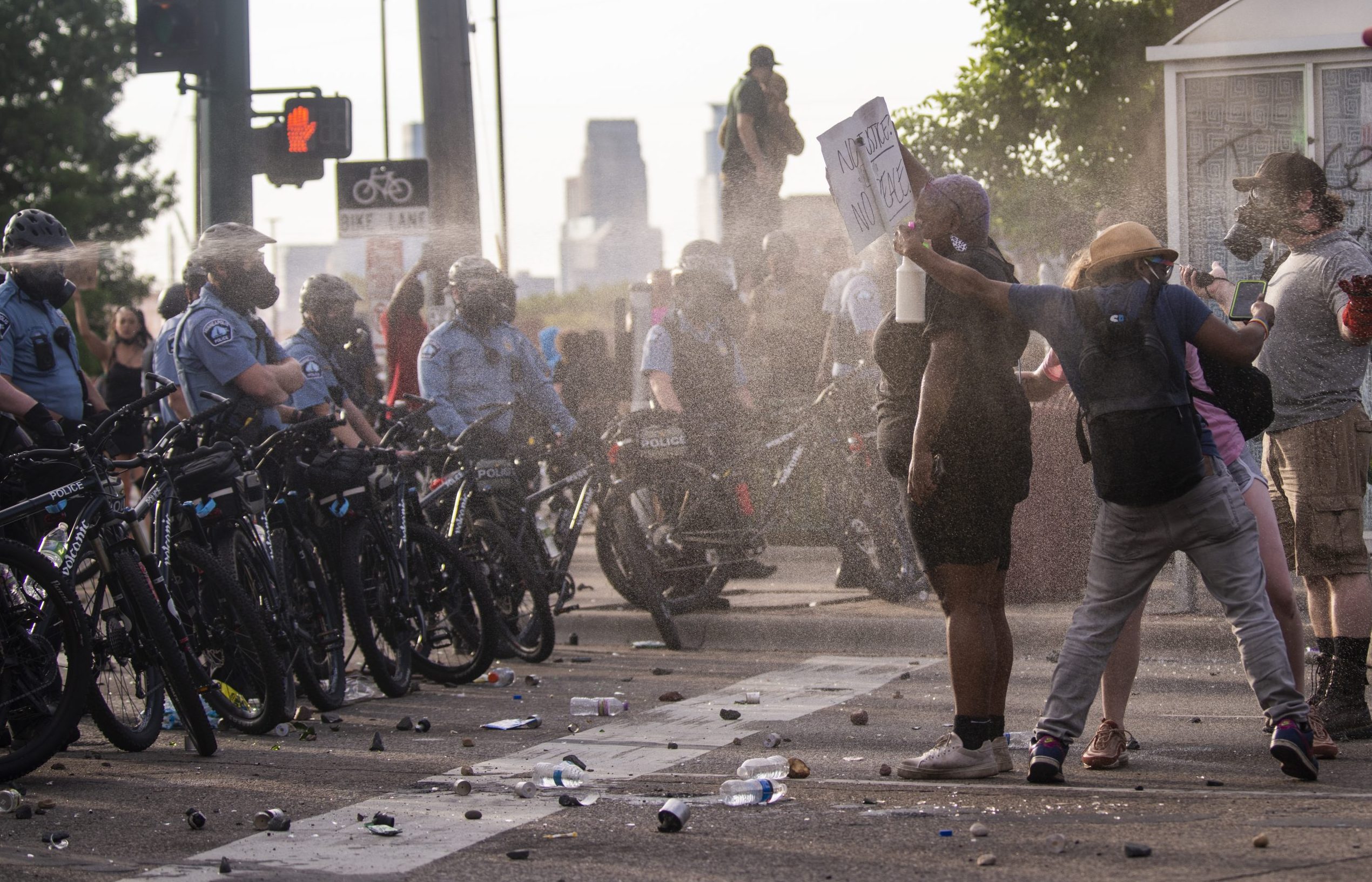
The local and national press play along because it’s better for ratings to make Minneapolis or Baltimore or Ferguson look like Kanye’s “No Church in the Wild” video than it is to show that often the damage is contained to a few central streets.
I saw officers in Ferguson, Missouri stand less than a block away from a smoldering building while business owners desperately tried to douse flames with bucket brigades because the fire department was MIA and the police wouldn’t help.
Ninety-eight percent of the looting is caused by opportunistic criminals who take advantage of the chaos caused by the police. It’s a lot easier to break into that T-Mobile store when the police are busy busting the heads of women and children carrying nothing but ‘Peace’ and ‘Justice’ signs.
All of which brings us to the first part of our definition. That’s the part that sticks. A riot requires “a disturbance of the peace.” When has there EVER been peace in this country for Black people? And for that matter, what is peace?
Is peace when Breonna Taylor gets shot in her sleep?
Is peace when Ahmaud Arbery isn’t safe to jog the streets?
Is it peace when Amy Cooper sees a birder and calls the cops for a murder?
READ MORE: OPINION: A word for Karens and Amy Coopers of America
There has never been peace for Black people in America. Not now, not during the Obama era, not when the Cosby show was on, not during the Civil Rights Movement, not during the Great Migration, not during reconstruction. Never.
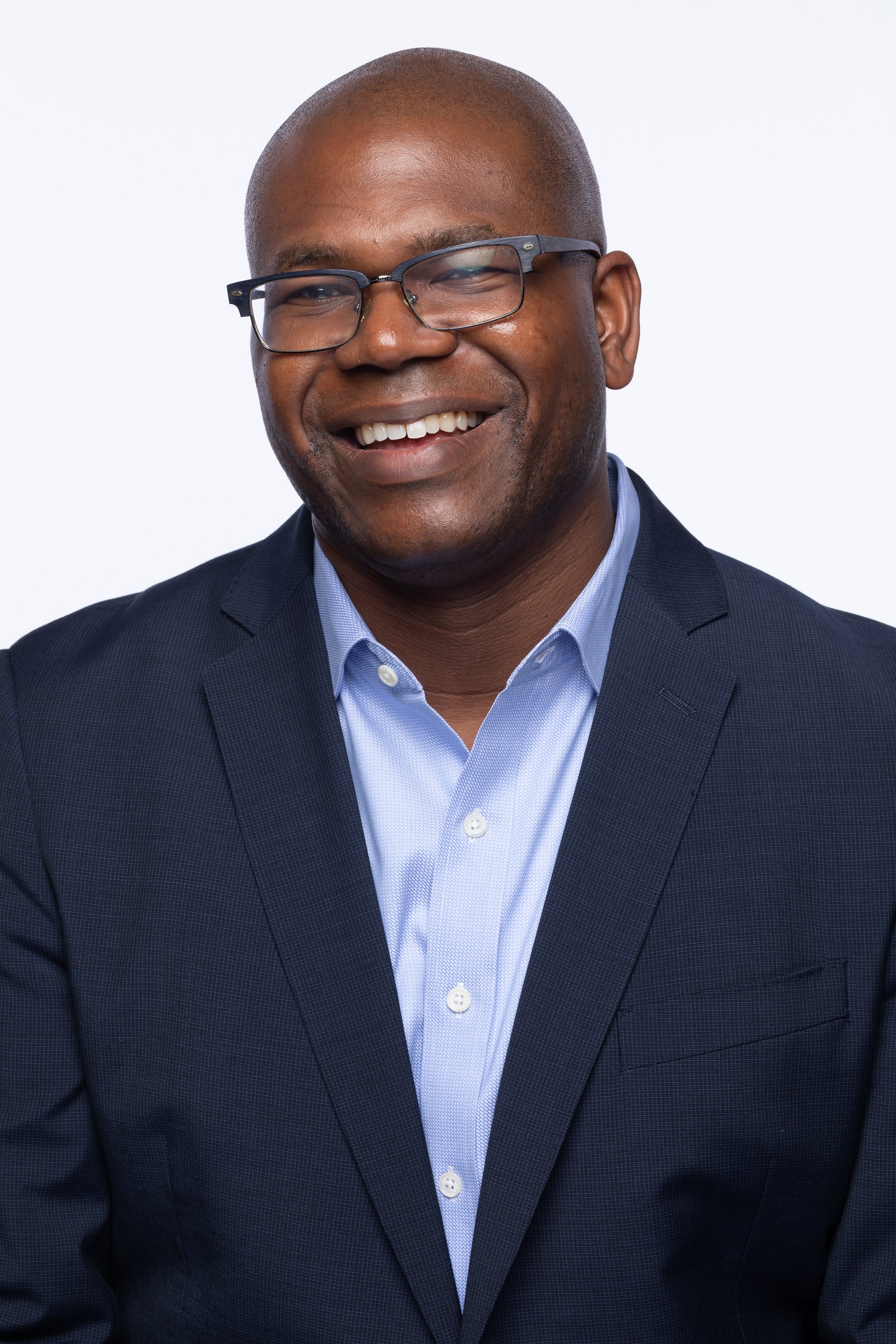
From the moment when the first Black person was brought here in chains, to the time I stepped out of my house into my car this morning, the life of any and every Black person has always been under threat from any White person who deemed them dangerous.
Without any peace, you can’t have a riot. You actually have something else. A rebellion.
Black people have tried protesting, sometimes it works sometimes it doesn’t. In places like Baltimore and Cincinnati and Chicago we’re rebelling. Unlike White terrorists with guns in Michigan and across the country, Black Americans are rebelling and resisting actual tyranny.
The tyranny of a country where our taxes, citizenship, and very humanity does not afford us the right to live our lives in peace and safety. Do you want to see the definition of a riot?
Riots were when thousands of mostly White fans in San Francisco burned buildings, scrawled graffiti, flipped cars and attacked cops after the Giants won the 2014 Major League Baseball World Series (it was politely called “revelry” by the local media).
Riots are when White nationalists in Charlottesville drove cars into peaceful protesters and beat DeanDre Harris half to death in a parking garage. We know what riots are, we see them all the time, but we allow local and national media to frame the conversation, re-structure action, use words to erase and re-define what we know to be true.

They will try to conflate peaceful protests and rebellion with riots, thus putting Black people men and women in politics, media and social organizations on the rhetorical defensive for the next 48 hours. Desperately trying to appease conservatives, White moderates and skeptical Black folks who’d rather live in ignorance. But we don’t have to. We know the truth.
You can channel your inner Lawrence Fishburne. Take, control of the narrative. The next time a news anchor, reporter, co-worker or person on social media asks you the question:
What’s the difference between Black protests and Black riots?
Give a pregnant pause … and then say:
A nigger is the one that would even answer that question.
 Dr. Jason Johnson is a professor of Politics and Journalism at Morgan State University, a Political Contributor at MSNBC and SIRIUS XM Satellite Radio. Notorious comic book and sports guy with dual Wakandan and Zamundan citizenship.
Dr. Jason Johnson is a professor of Politics and Journalism at Morgan State University, a Political Contributor at MSNBC and SIRIUS XM Satellite Radio. Notorious comic book and sports guy with dual Wakandan and Zamundan citizenship.
Have you subscribed to theGrio’s new podcast “Dear Culture”? Download our newest episodes now!
[ad_2]
Source link

